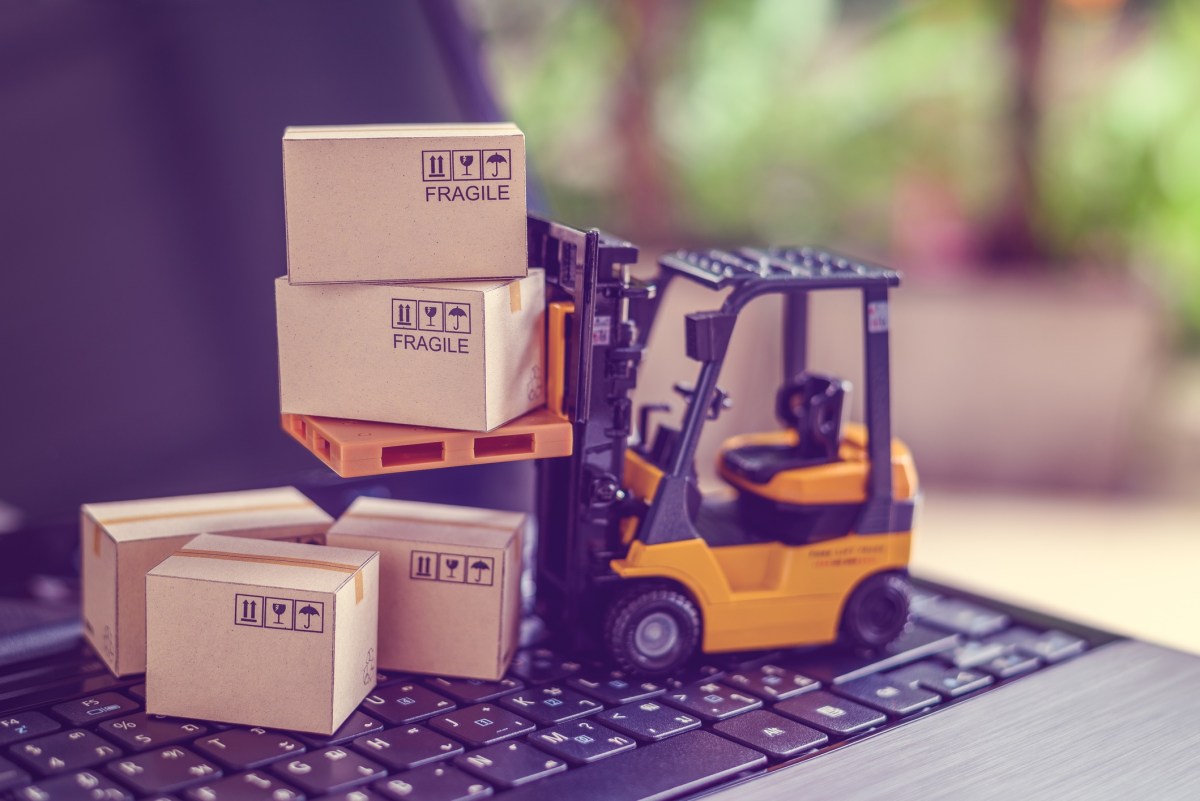The rising cost of basic goods such as groceries and fuel are adding extra strain on consumers across Australia. This increase comes as a shock to many Australians who have navigated the pandemic for the past two years, many of whom have been financially affected due to restrictions and stand-down provisions.
While we’re emerging from the depths of the pandemic, the Chief Executive of the Australian Retail Association predicts even with eased restrictions and the drop in COVID-19 case numbers, we’re likely to see this trend continue for the next 18 months.
While inflation can’t be avoided, there are areas within our supply chain that warrant deeper investigation to find solutions that’ll help ease the grave economic forecast for consumers, while relieving some pressure within the already strained supply chain industry.
Supply chain woes
Cracks began to develop in our supply chain during the pandemic through the extreme shifting demands of consumers, the restrictions placed on employees, the restrictions on freight operations, and the staffing crisis due to infection rates.
We won’t quickly forget the infamous toilet-paper shortage that plagued consumers in 2020. While we’re seeing stock levels return to normal, the rising price tag attached to products is evidence of ongoing challenges within the supply chain and logistics industry.
There are a range of causes for these challenges to continue post lockdown and eased restrictions, including ongoing pandemic related supply chain disruptions, increases in labour costs, and the forecasted interest rate hikes to hit throughout the year.
Extreme weather situations and recent geopolitical factors have recently come into play, adding to the already burdened industry. Without creating solutions that are quickly implemented with long-term benefits, consumers are going to continue to bear the brunt of cruel check-out totals.
Easing pressure through intelligent automation
While we can’t control inflation and external health, weather, and political factors, we can control our processes and operations.
KPMG’s Future of supply chain report states to overcome the various issues many supply chain and logistics businesses are facing, the industry needs to embrace digital technologies to create a resilient supply chain. When Intelligent Automation (IA) is embedded in the processes across your supply chain, you increase staff productivity, capacity and service levels. This results in easing pressure within the supply chain, as it can adapt and cater to fluctuating demands and external challenges affecting supply chains.
The supply chain of today needs IA to support its future. IA extends beyond simplifying processes and manual tasks, it adds value to the industry by creating a connected and secure ecosystem of automated triggers, creating quick and efficient outcomes, end-to-end.
Supply chains need to mirror their customers
Industries are adopting these technologies are creating customer-centric supply chains, moulding their processes to run smoothly throughout the constantly changing demands they face.
Customer behaviour has changed over the past decade, and with it, so has their expectations. Supply chains need to meet their tech-savvy customers’ needs by adopting innovative technological solutions.
Solutions
It’s no longer a matter of will digital technologies be implemented in supply chains, but when. Companies should be capitalising on the readily available software and platforms that can transform workflows to better address the current demand of consumers. The implementation of document intelligence can aid in translating unstructured data and unlocking clear insights. Further, connecting business systems like enterprise applications and chatbots internally and externally will allow for the streamlining of operations.
AI works to support human workers, not replace them. When there are automated processes in place to accommodate the day-to-day workflows within a business, it permits more capacity for staff to tackle and assess fluctuating external demands. With supply chain issues continuing to affect businesses and consumers in Australia and across the globe, taking action through automation and digitisation to mitigate the woes couldn’t be timelier.
Andy Mellor is regional vice president for Kofax Australia and New Zealand.

